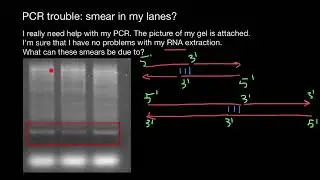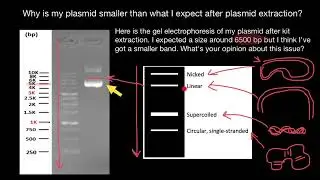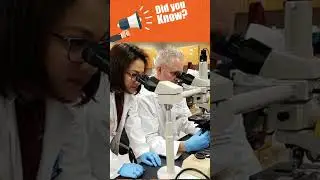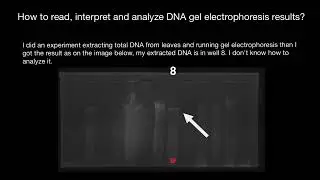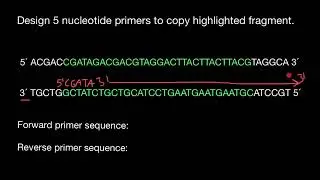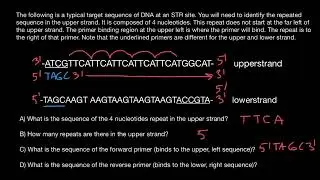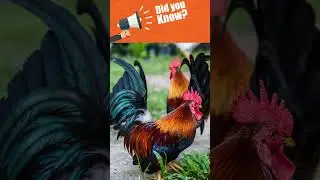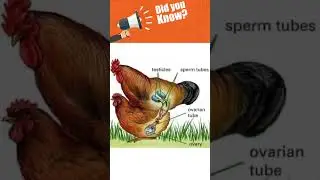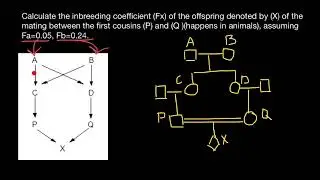Breast size - new discovery
Scientific paper: https://mednexus.org/doi/pdf/10.3760/...
What is gigantomastia?
Gigantomastia or breast hypertrophy is a rare condition that involves developing extremely large breasts due to excessive breast tissue growth. It affects people assigned female at birth. If you have gigantomastia, you’ll experience rapid and disproportionate breast growth. The speed at which your breasts grow can vary, from over a few weeks to over several years. The tissue is almost always benign (not cancerous).
Gigantomastia is characterized by:
Breasts that have an excess of at least 5 pounds of breast tissue.
Extra breast tissue that equals more than 3% of your total body weight.
It can happen during puberty, pregnancy or from taking medication. In some cases, it occurs spontaneously and for no reason.
Gigantomastia is also referred to as macromastia. However, macromastia is usually defined as excess breast tissue that weighs less than 5 pounds.
What are the different types of gigantomastia?
Healthcare providers classify gigantomastia into four types:
Juvenile gigantomastia: This type happens during puberty.
Gestational gigantomastia: This is when gigantomastia occurs during pregnancy.
Drug-induced gigantomastia (or medication-induced): This happens after taking certain drugs.
Idiopathic gigantomastia: This is when the cause of gigantomastia is unknown or can't be determined. Idiopathic gigantomastia is the most common type.
How common is gigantomastia?
It's an uncommon condition. Only about 300 cases have been reported.
What are the symptoms of gigantomastia?
Having extremely large breasts can be both physically and emotionally painful. Some of the most common symptoms of breast hypertrophy are:
Infection or lesions on the skin of your breasts, especially under your breasts.
Neck and back pain caused by your breasts pulling you down.
Poor posture.
Loss of feeling in the nipples.
Breast pain (mastalgia).
Painful and itchy indentations on your skin from the straps of your bra.
What causes extremely large breasts?
The cause of gigantomastia isn't entirely known; however, researchers think it may be influenced by:
Hormonal changes (like during puberty or pregnancy).
Medications like penicillamine or bucillamine.
Autoimmune conditions like lupus or arthritis.
Extreme obesity.
Genetics.











